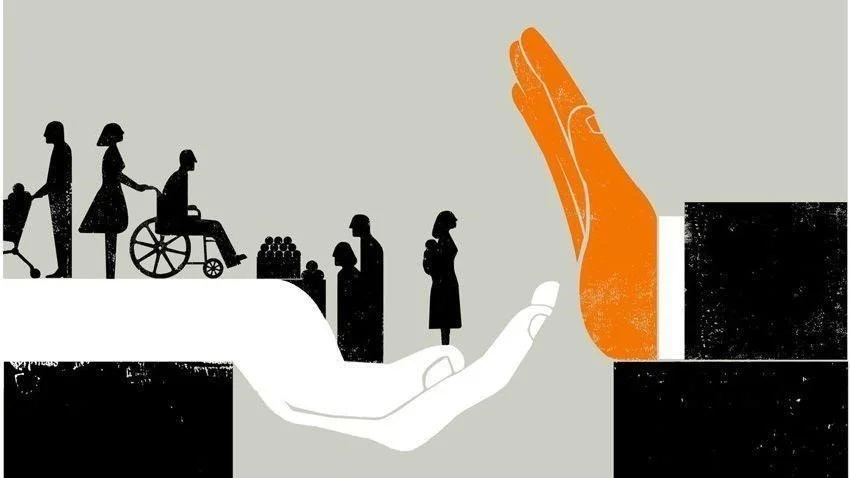USCIS Implements Significant Public Charge Changes To Green Card Applications
On December 23 , 2022, the Department of Homeland Security (DHS) issued a new final rule pertaining to how the agency will be implementing the public charge ground of inadmissibility to determine whether adjustment of status applicants are likely to become primarily dependent on the government for subsistence, which may lead to denial of admission or lawful permanent residence.
The new rule went into effect on December 23, 2022, and applies to I-485 applications postmarked (or electronically submitted) on or after this date.
The public aw concept has been part of immigration law for more than a century. Since 1999, the government has defined a “public charge” as anyone who is likely to need public benefits. In reality, very few people were denied green cards based on public charge grounds. That changed in 2018, when the Trump administration expanded the definition of public charge, which was seen by many as a wealth test to keep out poor immigrants. The Biden administration withdrew the Trump-era rule in 2021, and finalized its own version of the rule earlier this year, narrowing the definition of “public charge” to mirror the longstanding 1999 guidance.
How is ‘likely to become a public charge' interpreted?
Officers should guide their finding of whether a person is likely to become a public charge by the totality of each applicant’s circumstances with respect to the following factors:
age;
health;
family status;
assets, resources, and financial status;
education and skills; and
if required, sufficiency of the Affidavit of Support submitted.
USCIS has publicized that “no one factor serves as the sole criterion for making a public charge inadmissibility determination (except for an insufficient Affidavit of Support Under Section 213A of the INA where required).”
What benefits count under public charge?
Benefits That Count Under the Rule:
Public cash assistance for income maintenance
SSI (Supplemental Security Income)
TANF (Temporary Assistance for Needy Families)
General assistance
Long-term institutionalized care paid for by Medicaid
Most people who are applying for a green card have never been eligibility for these benefits that could count. Benefits received by a family member do not count in the public charge assessment unless it is the sole source of family support. Also, an individual must actually receive the benefit. Filing the application for a benefit does not count as receipt of public benefits.
Benefits That Don't Count:
Non-cash benefits that DHS will no longer consider include Supplemental Nutrition Assistance Program (SNAP) or food stamps and other nutritional programs. Children’s Health Insurance Program (CHIP), Medicaid (other than long-term use of institutional services), housing benefits or any benefits of public assistance for immunizations and for testing and treating communicable disease, including (but not limited to) COVID-19. The Immigration Legal Resource Center compiled a list of public benefits programs that are safe to use.
Exemptions & Immigrant Visa Applications
Certain applications are exempt from the public charge ground, including (but not limited to) I-485 applications based on refugee or asylee status or on VAWA (the Violence Against Women Act). Also, the DHS final rule does not change the Department of State (DOS) standards and processes for visa adjudication by U.S. consulates overseas.
Consultation With An Immigration Attorney
Changes in immigration policies can be overwhelming and may bring up new concerns for non-citizens. It is important for individuals to have a full understanding of what is expected of them to ensure a seamless green card application process.
With the changes made to the public charge rule, immigrants are encouraged to seek legal guidance on how this update may positively impact their ability to be granted permanent resident status (green card). Contact our immigration attorneys today to learn more about how the changes to the public charge rule may benefit you.

